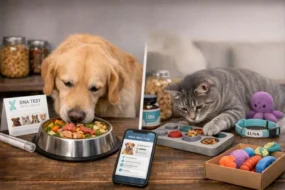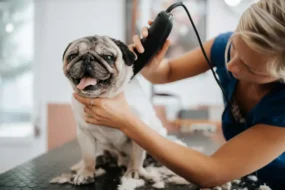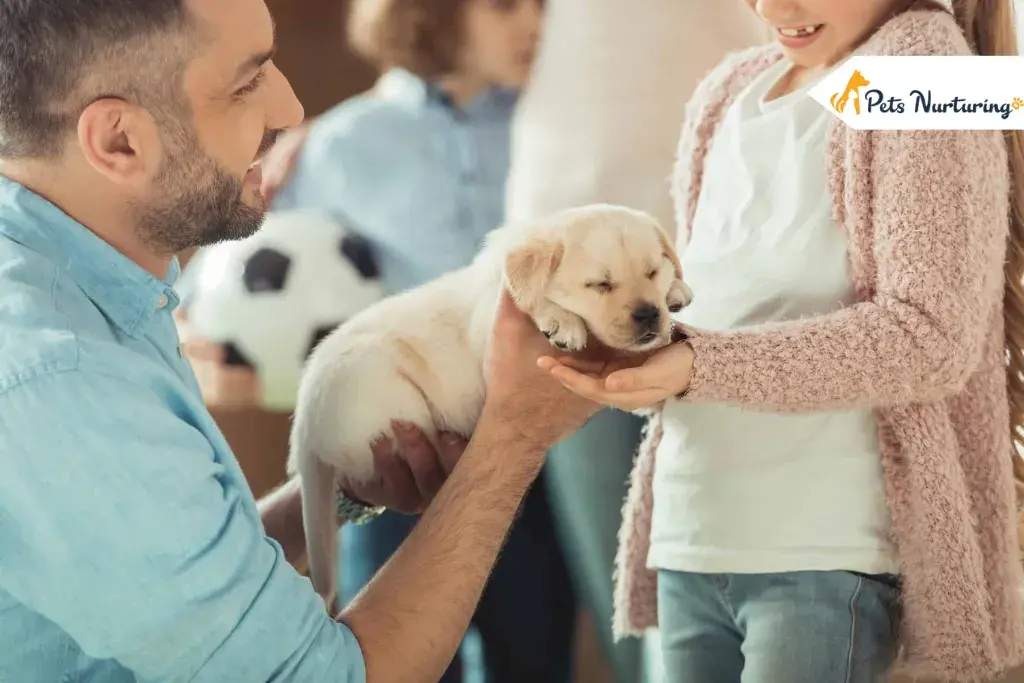
Getting a pet is a responsibility, and it’s vital to research the basics of pet care long before you bring your new pet home. While you can learn the job on the fly, it would still be better for you and your pet if you’re equipped with the right knowledge about what to do when taking care of a new puppy.If you plan on bringing a new pet home, these are the things that you have to consider and be familiar about:
Living Space and Sleeping Area
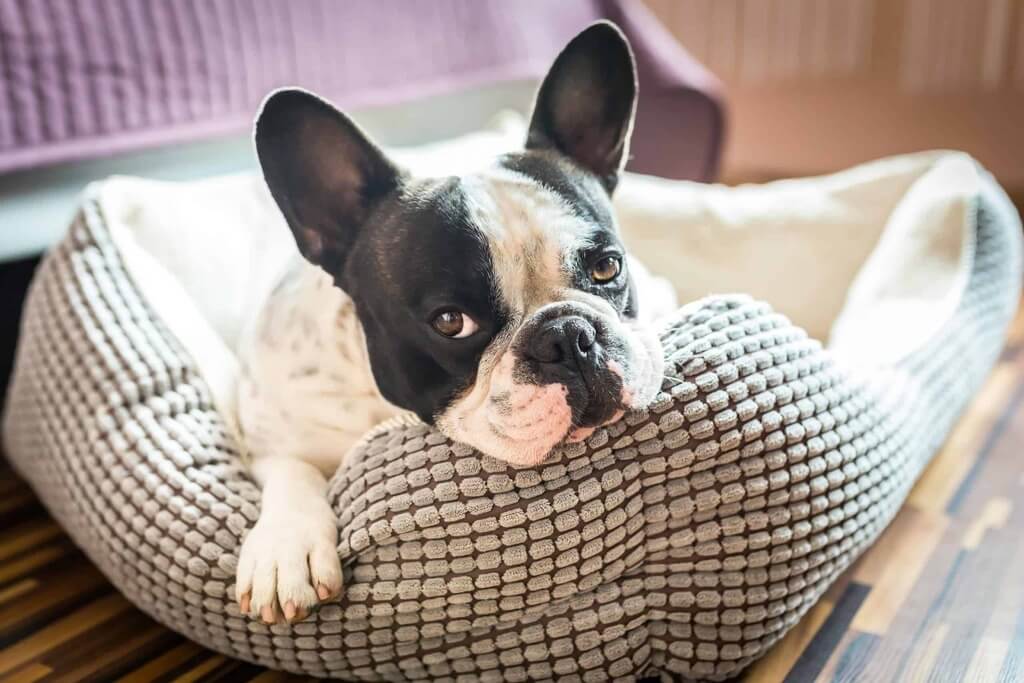
You need to prepare a space in your home where the puppy can stay while they take their time to get used to you and your home. Make sure that the place is safe for them and that there isn’t any danger near the area, so you can avoid your pet getting to things you don’t want them to get to. You’d also want them to have safe puppy toys available for your puppy to play in their new living area.
Furthermore, it’s also crucial to ensure that the dog’s sleeping area is cosy, so your puppy can get the rest and energy they need.
Toilet Training
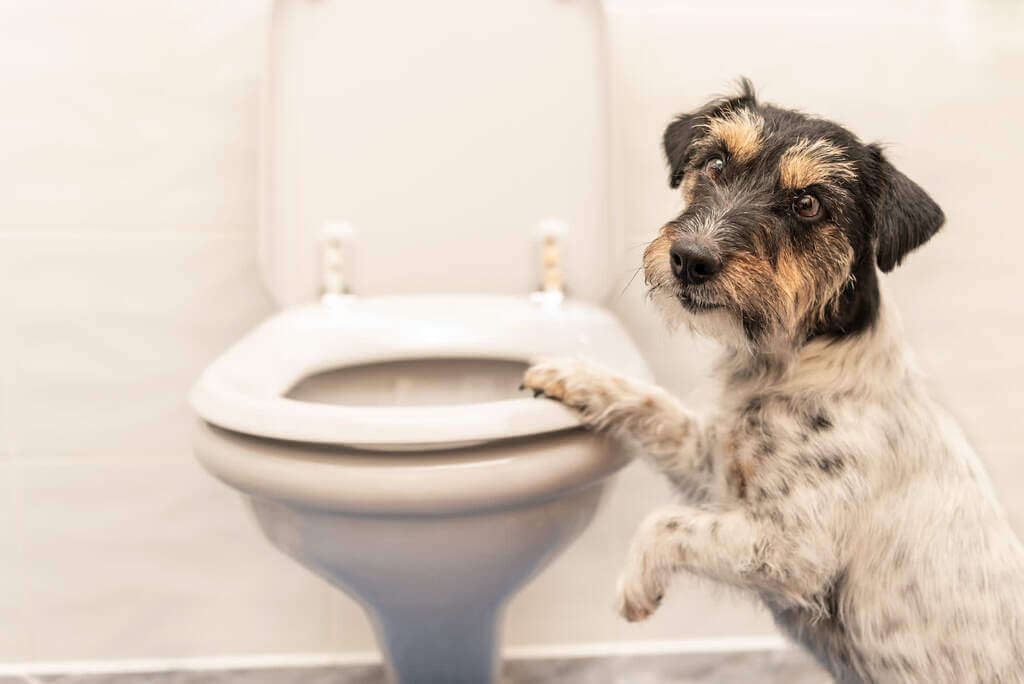
If you don’t want your new dog to pee and poop all over the place, you need to give them toilet training. As a tip, the best way for your dog to learn toilet training is by using reward-based positive reinforcement training.
To do this, your dog needs opportunities to go to the toilet area. When they go to the toilet and their spot, you must reward their obedience, so they will be used to going there because they know you like it.
Training and Socialization
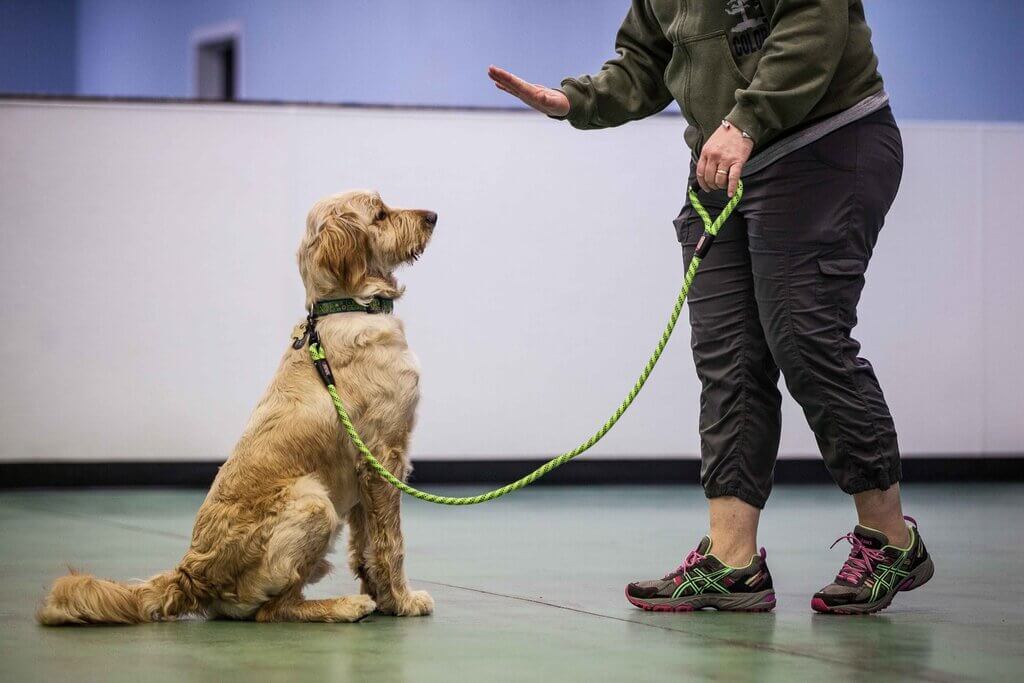
For your dog to be socialized, you have to train them from puppyhood. It’s vital to give your puppy plenty of time and opportunities to socialize with others.
Puppies, during 3-17 weeks of age, have a critical socialisation period, which is a period where their experiences, socialization, and different environments can impact their behaviour in adulthood. By doing this, you can help your pet dog become well-adjusted to different types of situations. You can also check this out about Tips to Select the Best Online Pet Store.
You can also enrol your puppy in reward-based puppy school classes at veterinary clinics, so your pet can have professional training. However, make sure to talk with your vet about your puppy’s vaccination status.
These classes all use reward-based training methods that use positive reinforcement. Now, why is this method popular? Because it’s kind and very effective, it allows you to teach your dog, your pet likes it, and at the same time, enhances the owner-pet relationship.
Desexing, Vaccination, and Various Dog Care Requirements
If you don’t want an unplanned pregnancy, you need to have your dog desexed. Besides avoiding unplanned pregnancy, desexing also provides other positive effects on your pet’s behaviour. It’s because desexed dogs are less likely to be aggressive, which means you can lessen the risk of bite wounds and injuries. Other than that, you can also ask your vet about the benefits of desexing.
Your dog also needs vaccination, especially puppies, as they can easily catch infectious diseases, with the most popular being the fatal Parvovirus. Other important things you need to ask your vet are worming and flea treatment, among other pet care requirements.
Microchipping and Registration
It’s also crucial to have your puppy microchipped on a microchip register with your contact details included so you can keep track of your pet. Of course, it doesn’t end after registration, as you also have to change your details in case you change your address or phone number.
Nutrition
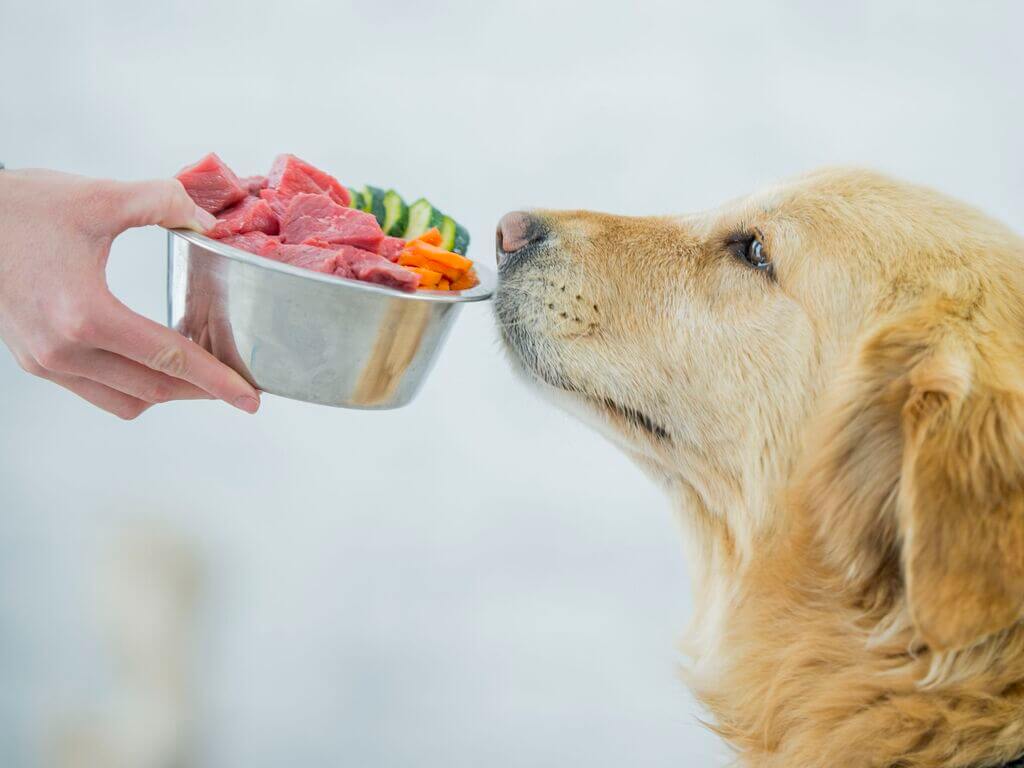
For your puppy to grow up into a healthy adult dog, it’s crucial to provide your puppy with balanced nutrition with food appropriate to your pet’s age. If you’re unsure about what to feed your pet, ask your vet for advice, as different dogs have different nutrition needs.
Exercise
Your dog will also need exercise. It’s not just for health, as it can be enjoyable when you do it together. You can take your dog out on a walk and discover new things while with you. Exercise is good for dogs because it keeps them physically active and gives them opportunities to socialise with other dogs in the neighbourhood. However, while exercise is vital, it’s also vital not to over-exercise your puppy.
Obesity is a problem many pets have, as it’s dangerous for their health. Make sure to make your dog as fit as it needs to be with daily exercise.
Leaving Your Dog Alone
A puppy needs extra care than an adult dog. However, it’s not something that you can provide every minute, as you may have to leave your pet alone due to different things. When doing this, avoid doing it too much and make it a gradual process. Try leaving your puppy alone for short periods and reward him when you return. Do this repeatedly, with the time you leave slowly increasing. In this way, you can teach your pet that it’s okay for you to leave, as you will always come back.
Of course, with your dog being home alone, you can also give him toys to keep him occupied and let him avoid boredom. If you want, you can even get some safe dog toys that you can fill with doggie treats, so your pet will have a pleasant surprise during the day.
To get more information:








